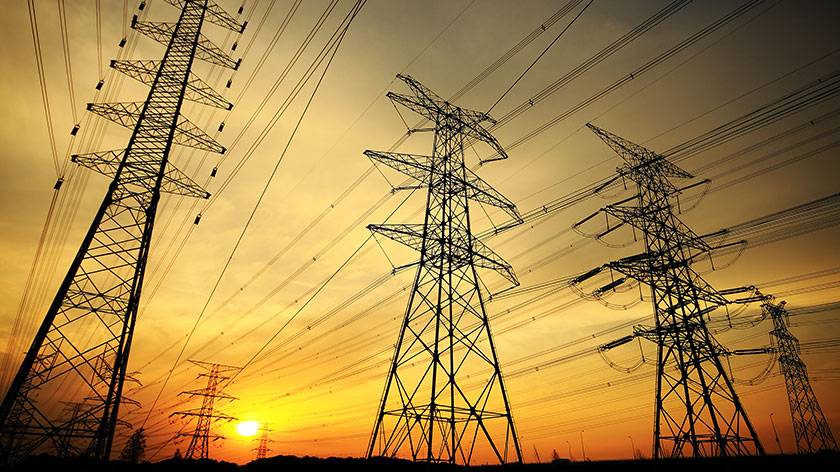Nigerian electricity consumers are in for rough economic times as electricity distribution companies (DisCos) have begun implementation of electricity tariff hike with effect from Tuesday, September 1, 2020.
This comes three months after the tariff hike implementation slated for July 1 was halted by the National Assembly, which prevailed on the distribution companies to shelve the date to the first quarter of 2021 due to the current economic challenges in Nigeria.
However, President Muhammadu Buhari had last week ordered mass metering of consumers across the country.
In press statements issued on Monday, the distribution companies notified their customers of the commencement of the new charges.
Last week, PREMIUM TIMES had reported how the Nigerian Electricity Regulatory Commission (NERC) directed the DisCos to maintain a N4 tariff for all customers consuming less than 50kWh of energy per month.
NERC said the electricity tariff reviews will only follow service-based principles and prior consultation with customers.
According to a statement issued on Wednesday by James Momoh, Chairman of the Nigerian Electricity Regulatory Commission (NERC), under these service-based principles, DISCOs will only be able to increase tariff rates for customers when they consult with customers, commit to increasing the number of hours of supply per day and quality of service.
“In all cases, poor and vulnerable Nigerians will not experience any increase,” the statement said.
“In line with these expectations, DISCOs are directed to engage with their customers on a Service Based Tariff structure.”
The new tariff regime being implemented by Discos kicks off Tuesday. There are expectations that it will be reviewed on a quarterly basis.
According to Mr Momoh, the president also approved a waiver of the import levy on metres so that those that do not have metres can be supplied as early as possible at reasonable costs.
Mr. Momoh urged the public and all stakeholders in the power sector to disregard any reports of an arbitrary tariff increase affecting Nigerians.
Customers are categorised into maximum demand and non-maximum demand customers, as against the previous categories of residential, commercial and industrial customers, with different bands (A to E) depending on the level of supply.
For Ikeja Electric, a residential customer on single-phase receiving a minimum of 12 hours of supply will now pay N42.73 per KWh, up from N21.30 per kWh.
For Eko Electricity Distribution Company, a residential customer on single-phase receiving a minimum of 12 hours of supply will now pay N43.01 per kWh, up from N24 per kWh.
For Abuja Electricity Distribution Company, a residential customer on single-phase receiving between 12 to 16 hours of supply will now be charged N45.69 per KWh, up from N24.30 per kWh.

